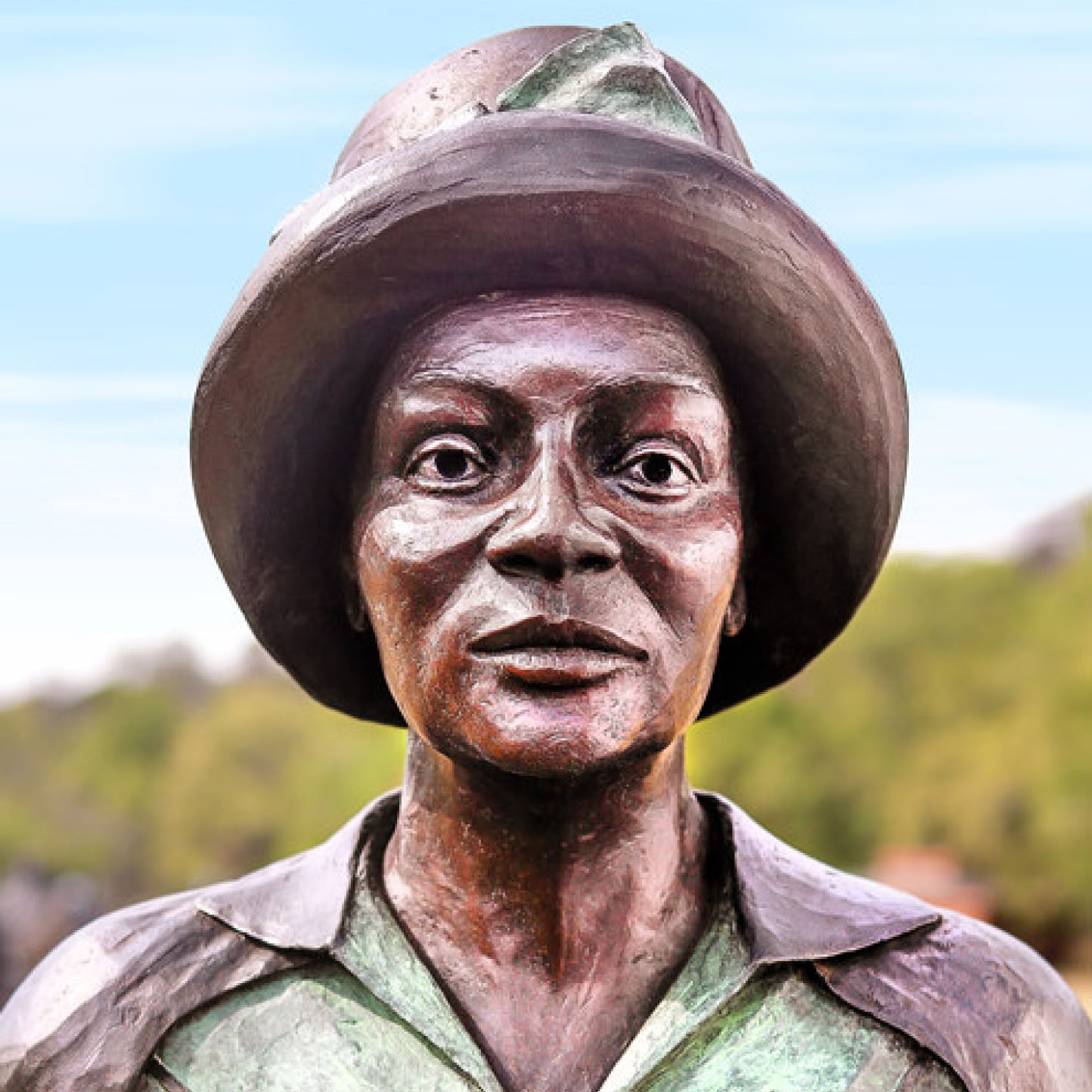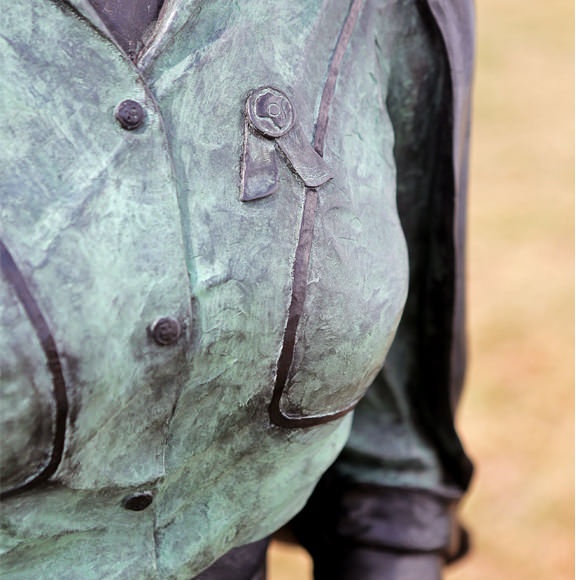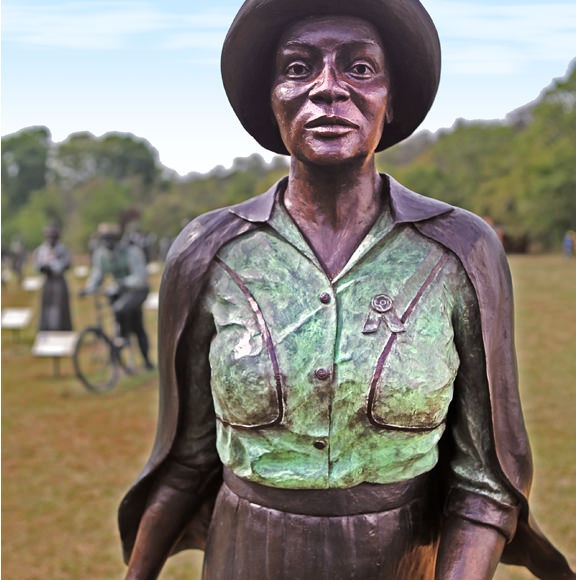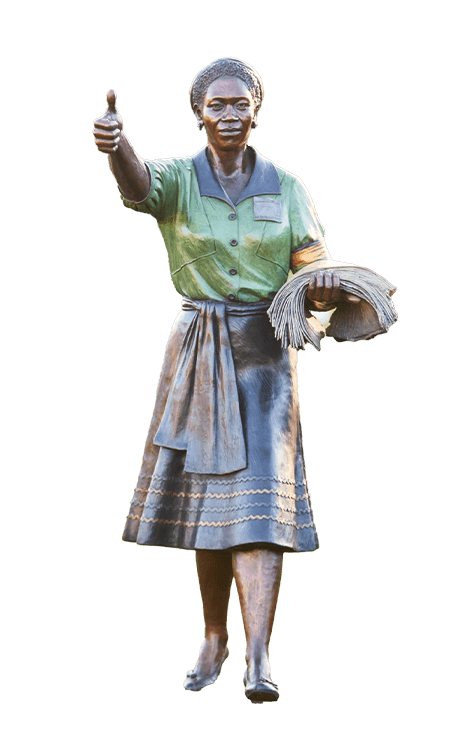


"Women, we can no longer remain in the background or concern ourselves only with domestic and sports affairs. The time has arrived for women to enter the political field and stand shoulder to shoulder with their men in the struggle."
– Josie Mpama in Umsebenzi, June 1937
Josesphine Josie Mpama
1903 - 1979
Branch Secretary of the Communist Party of South Africa, President of the Transvaal branch of the Federation of South African Women
Josie Palmer was born to Coloured parents in Potchefstroom in 1903 and took the surname Mpama when she moved to the local African township to be with her husband, Edwin Mofutsanyana, a leading member of the Communist Party of South Africa (CPSA) and the African National Congress (ANC).
In 1928, Mpama joined the CPSA and as Branch Secretary led that year's campaign against residential permits in Potchefstroom.
The local municipality attempted to enforce a system of lodgers permits for Africans that sparked off a wave of unrest involving both women and men. Protesters opposed both the cost and the fact that children over the age of 18 were deemed lodgers who required permits even if they were living with their parents. The campaign was an early sign of community organization and grassroots resistance, and revealed Josie Mpama as a formidable local leader.
During the 1920s and 1930s Mpama wrote for Umsebenzi, the CPSA's journal, highlighting the plight of black workers and relating it directly to the oppressive political regime in the country. The CPSA sent her to Moscow to study for one year at the Lenin School. By the 1940s, before the CPSA was banned in 1950, Mpama served as a member of the CPSA's Johannesburg District Committee, and was amongst the first black women to play a significant role in it.
Mpama served as the President of the Transvaal branch of the Federation of South African Women and was placed under a banning order just before the historic Women's March to the Union Buildings in 1956. She was also detained during the State of Emergency following the Sharpeville massacre in 1960.
Her militancy was commented upon in a letter from Clements Kadalie, the most prominent black trade union leader in South Africa during the 1920s, when he wrote that although he did not think the time was yet ripe for large-scale trade unionism for Africans in the 1930s, Mpama did.
Josephine Mpama died in 1979. In 2004 she was posthumously awarded The Order of Luthuli in Silver by the South African government for her lifetime contribution to the struggle for a democratic, free and non-racial South Africa and the rights of workers.

